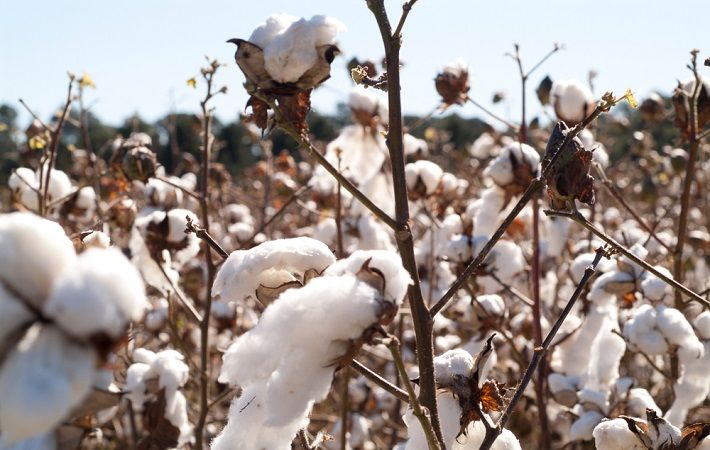
The factors that would influence the correction in prices include falling demand for fashion goods due to inflationary trend across all markets, and a shift in spending towards services; US and UK retail sales contracted in December and the January Consumer Confidence Survey US fell by nearly 6 per cent to its lowest level since November 2011; and there is resistance from customers towards accepting new prices in the International markets and the same signals are reflecting in the new order confirmations from developed markets, said Prabhu Dhamodharan, convenor, ITF, in a press release.
Additionally, cotton is not an essential commodity like edible oils or rice. Its demand purely depends on the spending power of people. With inflation on the rise, the spending power will be put to test and lot of demand destruction is inevitable for cotton going forward. Alternate fibres are also penetrating rapidly using the opportunities rising due to high cost of cotton. This change is being witnessed in many weaving clusters in Tamil Nadu. This will also re-balance the demand equation.
Some of the factors listed by the ITF include resistance from value chain partners even up to the retail side in domestic markets, due to high prices. Inflationary trend is also hitting consumption and retail is opting for alternate fibre products. Signals from developed countries on tightening the liquidity and raising interest rates, will also reduce the speculative interest in cotton, that too at these historically high prices.
The ITF has witnessed a 10-year high price in most of the commodities in 2021 and many of these commodities corrected 15 to 20 per cent from their peak levels. This may happen in cotton also. Moreover, lower demand outlook for fashion goods in exports, shift in fibre base, inflationary trend here in domestic fashion space - all the factors will lead to lower consumption level of cotton.
Expectation of robust cotton plantation across the globe and such initial reports from April will naturally act as a check to speculation; and bring a bearish sentiment to cotton trade.
The recent bull run over the past 45 days is mostly speculative in nature and ITF feels that the current prices are not sustainable.
Fibre2Fashion News Desk (KD)